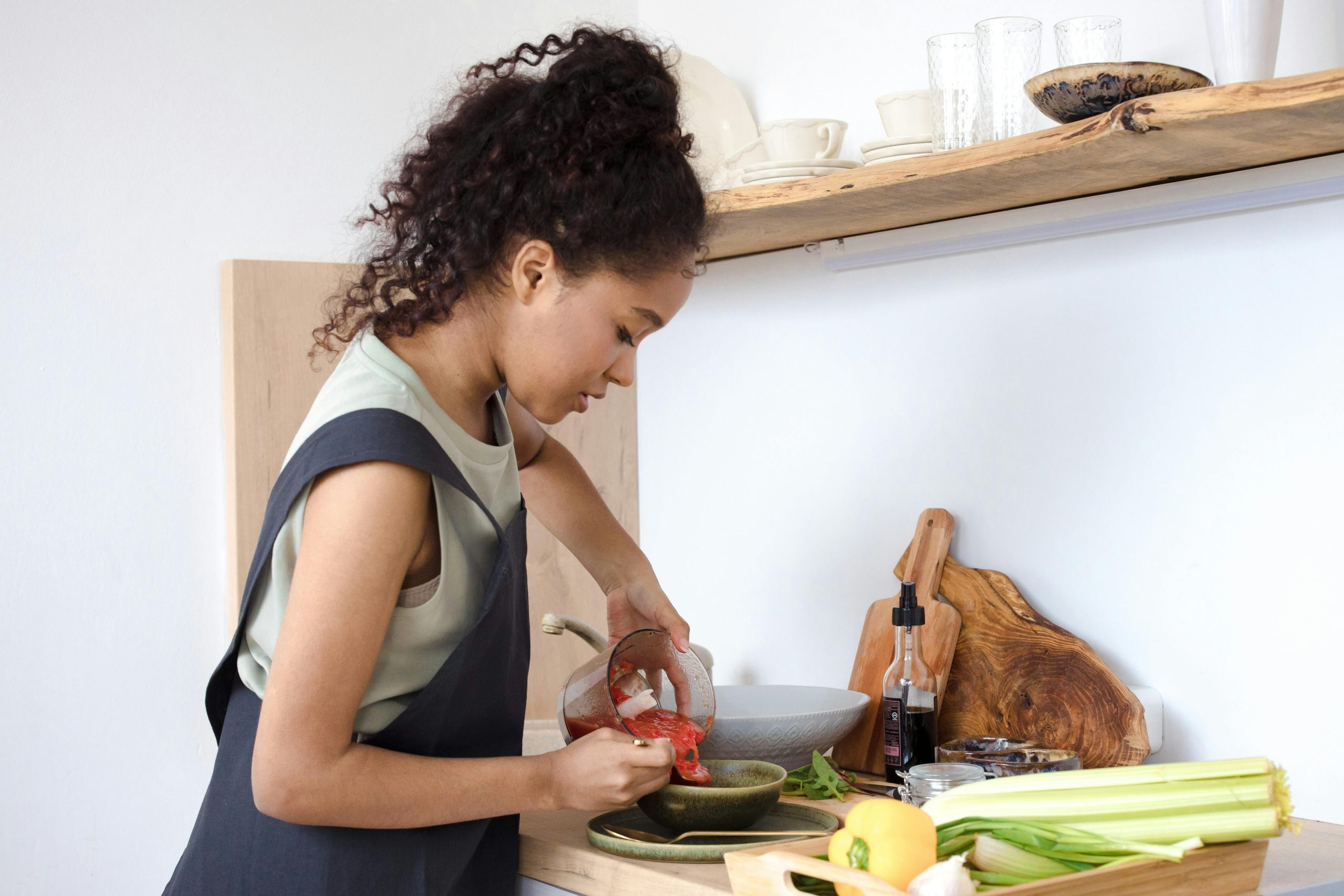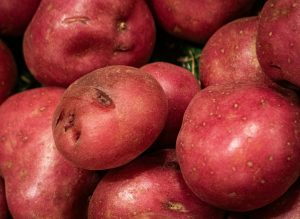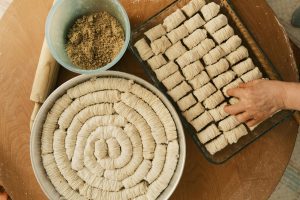How To Add More Nutrition Into Daily Cooking
Eating healthy is an important part of maintaining a balanced lifestyle, and one way to ensure that we are getting the necessary nutrients is by cooking our own meals. However, with our busy schedules, it can be challenging to always make nutritious meals. That’s why, in this article, we will discuss some simple ways to add more nutrition into our daily cooking. By incorporating these tips and tricks, you can make your meals more wholesome and nourishing without compromising on taste.
Why Nutrition is Important in Daily Cooking
Nutrition plays a crucial role in maintaining our overall health and well-being. It is the fuel that our body needs to function properly and carry out its daily tasks. Cooking our own meals allows us to have control over the ingredients and the cooking methods, ensuring that we are getting the essential nutrients that our body needs. By adding more nutrition into our daily cooking, we can not only improve our physical health, but also our mental and emotional well-being.
Tips to Add More Nutrition into Daily Cooking
1. Incorporate More Vegetables
Vegetables are an excellent source of essential vitamins, minerals, and fiber. By incorporating more vegetables into our daily cooking, we can increase our nutrient intake and add more flavor and texture to our meals. Look for ways to include vegetables in your meals, such as adding them to stir-fries, soups, stews, and salads. You can also sneak in vegetables by pureeing them and adding them to sauces or spreads.
2. Choose Whole Grains
Whole grains are a great source of complex carbohydrates, fiber, and essential nutrients such as B vitamins and iron. Replace refined grains with whole grains, such as brown rice, quinoa, whole wheat pasta, and whole grain bread. These will not only add more nutrition to your meals but also keep you fuller for longer, reducing the chances of overeating.
3. Add Lean Proteins
Proteins are the building blocks of our body and are essential for muscle repair and growth. When cooking your meals, try to include lean proteins like chicken, fish, tofu, beans, lentils, and legumes. These are not only high in protein but also contain other essential nutrients like iron, zinc, and magnesium.
4. Limit Added Sugars and Processed Foods
Sugary and processed foods may taste good, but they provide little to no nutritional value and can be harmful to our health. Replace these with healthier alternatives, such as fruits for snacks and homemade meals instead of processed, prepackaged ones. This will not only add more nutrition to your diet but also reduce your intake of unhealthy ingredients.
5. Experiment with Herbs and Spices
Herbs and spices not only add flavor to our meals but also provide a range of health benefits. They are rich in antioxidants, anti-inflammatory compounds, and essential minerals. Experiment with different herbs and spices in your cooking to enhance the flavor and nutritional value of your meals.
6. Don’t Skimp on Healthy Fats
Contrary to popular belief, not all fats are bad for us. Healthy fats are essential for our body to function correctly and carry out different processes. Choose healthier options like olive oil, avocados, nuts, and seeds over saturated and trans fats. These healthier fats can add flavor and nutrition to your meals without compromising your health.
Conclusion
Adding more nutrition into our daily cooking doesn’t have to be complicated or time-consuming. By incorporating these simple tips and tricks, we can improve the nutritional value of our meals without compromising on taste. With a little bit of planning and creativity, we can make our meals more wholesome and nourishing, contributing to a healthier and happier lifestyle.










